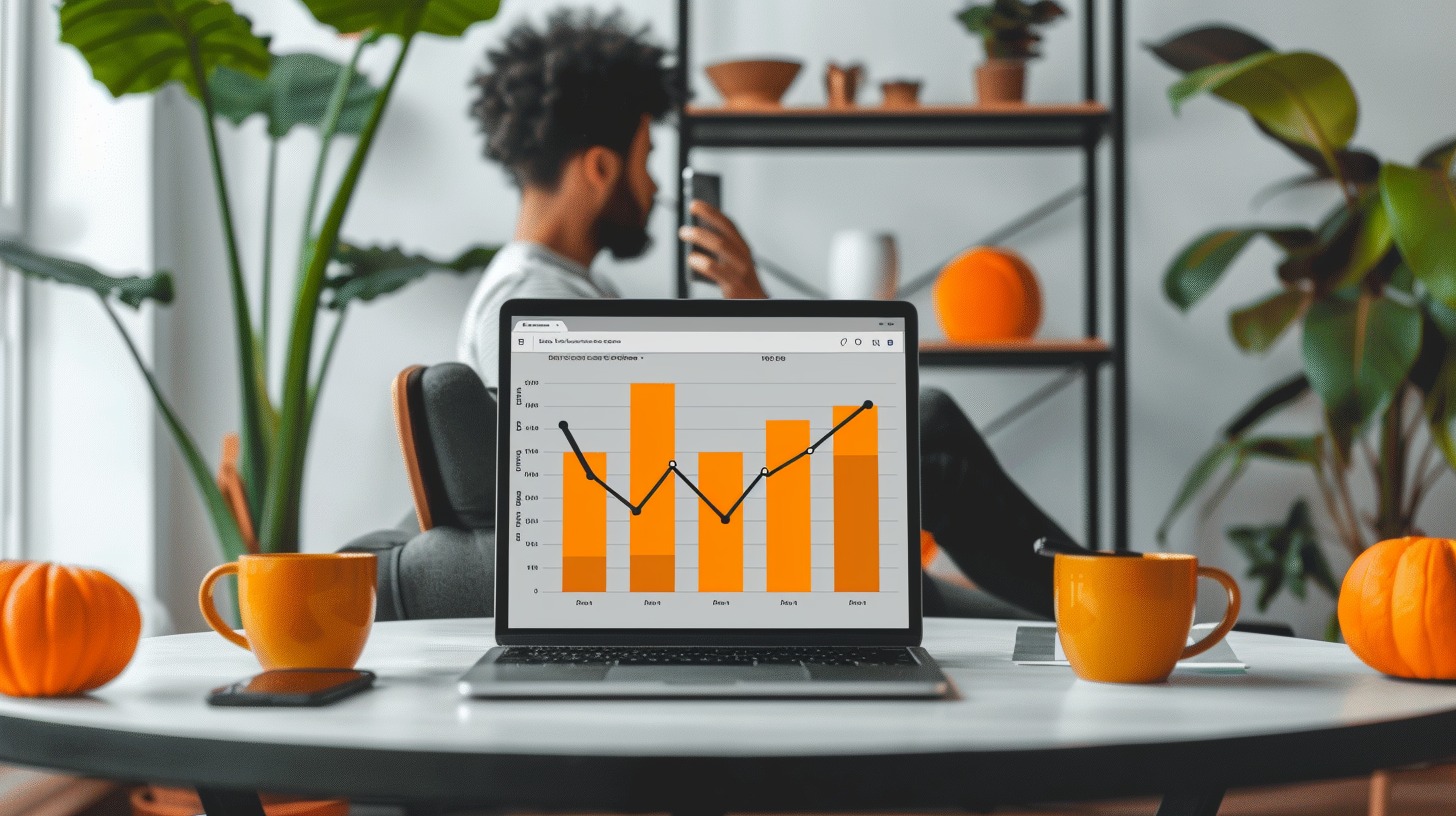Mobile trading refers to the buying and selling of financial instruments via a mobile device, such as a smartphone or tablet. This innovation revolutionized trading for countless individuals worldwide, allowing them to open new positions or manage existing ones from virtually anywhere. Gone are the days when traders were tied to their computer monitors at home or in the office.
Today, mobile trading is extremely prevalent. A new trader is more likely to execute trades using a mobile device rather than a desktop PC. Recognizing this shift, many brokers have developed their own mobile trading apps to cater to this growing demand.
From this text, you will learn what mobile trading is, how you can trade on mobile, and what a funded account is.
What is a Mobile Trading App?
A mobile trading app is a specialized application for mobile devices that enables users to trade in various financial markets. Financial institutions, including brokers, provide either their own proprietary mobile apps or widely-used trading platforms like MetaTrader 4.
Mobile trading apps offer a range of functionalities:
- Place new orders, such as ‘buy limit’ or ‘sell limit’.
- Execute trades at the current market price.
- Manage existing trades by adjusting stop-loss or take-profit levels.
- Close or partially close existing trades.
- Access real-time market data.
- Stay informed with news and research tools.
- Receive alerts and notifications about upcoming data releases or instruments reaching specific price levels.
- Manage funds, including depositing, withdrawing, or transferring across accounts.
These features make mobile trading apps indispensable tools for modern traders seeking convenience and efficiency in managing their investments.
How do you trade on mobile?
Once you’ve installed your broker’s mobile app, you’re ready to start trading! Keep these tips in mind for a smooth experience:
- Stable Connection: Ensure you have a reliable internet connection. Often, traders believe their broker rejected or failed to execute an order, but it could simply be a lost connection.
- Familiarize Yourself: Take time to learn the app. Many brokers provide video tutorials, which are invaluable for understanding the app’s functionalities.
- Test with a Demo Account: Use a demo account to place trades and orders without risking real money. This helps you get comfortable with the app.
- Backup Plan: Have a backup option, such as the seller’s platform established on your gadget, in case you lose access to your mobile gadget.
- Regular Updates: Keep your app updated to benefit from the latest features and bug fixes.

By following these guidelines, you’ll be well-equipped for mobile trading success!
Mobile trading vs. desktop trading
Determining the superior form of trading is not clear, as it largely depends on individual preferences and circumstances. A professional trader who dedicates most of their day to trading will likely prefer a setup with a personal computer and multiple monitors, resorting to a mobile device only when absolutely necessary. Conversely, a part-time trader with a full-time job might lean towards using a mobile device for convenience.
The type of trading you engage in also plays a crucial role. For instance, if you specialize in scalping or technical analysis, you will likely favor large monitors to aid with charting or to monitor key events in real time.
While mobile trading is gaining popularity, personal computers will remain indispensable. The larger screens facilitate multitasking and the use of advanced tools. Additionally, computers can handle complex requests and data processing with greater speed than mobile devices.
What Is a Funded Trading Account?
A funded trading account allows traders to execute trades using capital provided by another entity. In other words, you’re not risking your own money; the account is “funded” on your behalf.
Typically, this involves partnering with a proprietary trading firm or “prop firm.” But what exactly is a prop firm?
Think of prop firms as trading partners. They supply the simulated capital, tools, and resources necessary for trading. In return, you gain valuable day trading experience and share a portion of any profits you generate.




